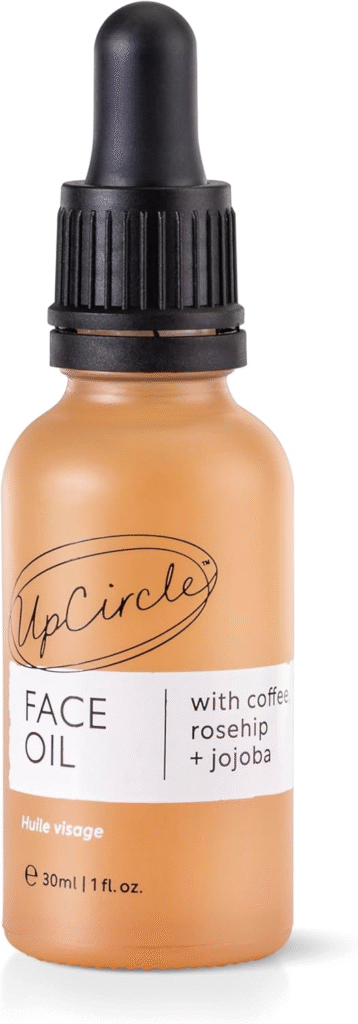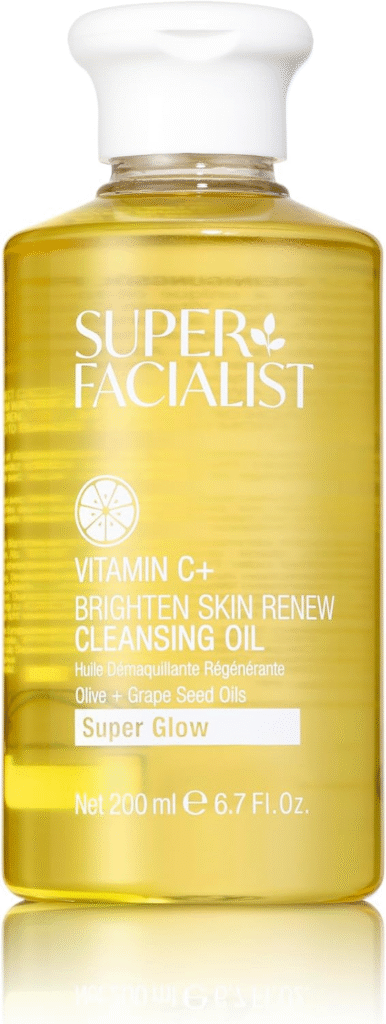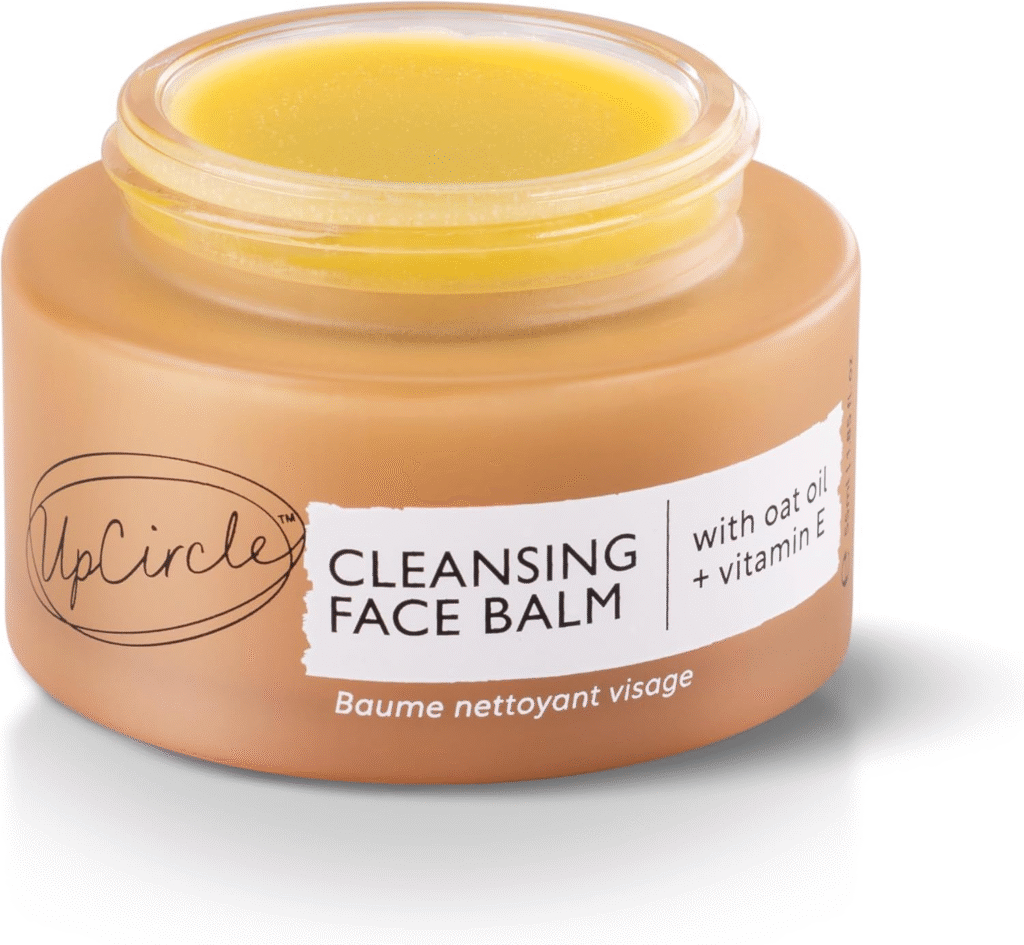The skincare world never stops evolving. Trends come and go, but every now and then, something new turns the industry upside down. One such shift is the rise of waterless skincare. You may have noticed it making waves across your social feeds or catching headlines at beauty retailers. Some call it revolutionary, while others remain unsure. If the water-free beauty trend has left you wondering what all the buzz is about, you’re not alone. This guide explores just what the deal is with waterless skincare, why it matters, who it’s best for, and which products are worth exploring in 2025.
- The Real Benefits of Waterless Skincare
- Higher Concentration of Actives Leads To More Potent Results
- Longer Shelf Life Without the Fillers
- Travel-Friendly and Less Wasteful Packaging
- Better for Dry or Sensitive Skin Types
- A Step Toward Sustainable Beauty
- Is Waterless Skincare Right for Your Skin Type?
- If You Have Dry or Dehydrated Skin
- If You Struggle With Oily or Acne-Prone Skin
- If You Have Sensitive or Reactive Skin
- If You’re Over 40 and Focused on Anti-Ageing
- 5 Best Waterless Skincare Products to Try in 2025
- ANUA Heartleaf Pore Control Cleansing Oil
- UpCircle Waterless Organic Face Oil
- Super Facialist Face Cleansing Oil
- UpCircle Cleansing Face Balm
- Farmacy 10% Vitamin C Serum for Face
- Wrapping Up…
Why Do So Many Skincare Products Contain Water?
Water is often the first thing listed on the label of a cream, lotion, serum or nearly all beauty products. Usually listed on the ingredients as ‘aqua,’ ‘agua,’ or ‘l’eau,’ it makes up a large portion of what you’re paying for. On the market, some of the best-selling body and skincare products contain up to 90% water. That means you are literally paying for a bigger bottle simply because it’s got a hefty proportion of water rather than active ingredients.
Formulators use water to dilute the active ingredients. This allows easier application and makes a product appear more affordable by volume. But the issue lies in the fact that you need to use more of it to get the same benefits that a concentrated version could offer in just a few drops.
What Does “Waterless Skincare” Actually Mean?
Waterless skincare means the formulation is made without added water. That doesn’t mean it avoids hydration altogether. It simply skips water as a base. Instead, waterless skincare products are often crafted with butters, balms, and facial oils that nourish the skin with ingredients the body can actually use more efficiently.
These types of products do bring nutritional value to the skin more than water can. You’ll find oils like jojoba, rosehip, argan, sea buckthorn, and others replacing what would traditionally be diluted with water. Some formulas even use powdered versions of ingredients such as vitamin C powders that still need to be diluted with water before they can actually be applied to the skin.
But in the finished product, no additional water is included. So waterless does not mean dehydrated or ineffective. It simply means the product has been designed to function without water as its foundation.
The Real Benefits of Waterless Skincare
Higher Concentration of Actives Leads To More Potent Results
Waterless skincare products are more potent because they’re more concentrated. They offer higher doses of active ingredients since there is no need to add water to stretch the volume. While more potent doesn’t always mean more effective, it often results in visible results faster than water-based alternatives.
In traditional skincare, actives are diluted to a certain percentage to ensure stability or to avoid sensitivity. In waterless formulas, actives are typically paired with oils or waxes that support delivery into the skin while allowing the actives to stay closer to their natural strength.
Longer Shelf Life Without the Fillers
Water-based products require preservatives. Water attracts bacteria and fungi. That’s a fact. The moment water becomes part of the formula, there’s a need to control microbial growth. But in an anhydrous product, one without water, those risks drop dramatically.
This means fewer preservatives are needed. It also translates to a formula that remains stable for longer without losing its strength or texture. As a result, the shelf life of waterless skincare is often longer than that of its watery counterpart.
Travel-Friendly and Less Wasteful Packaging
One of the pros of waterless products is that they tend to take up less space than their liquid counterparts. A balm or oil often comes in a smaller container but offers the same number of uses, if not more.
A waterless product might also take you longer to get through than a liquid product. This reduces packaging waste by repurchasing less frequently. It’s not only practical for your shelf space or luggage but also gentle on the environment.
Better for Dry or Sensitive Skin Types
People with dry, sensitive, or irritated skin often don’t do well with preservatives or surfactants that are added to water-based skincare. These ingredients are added to make water formulas safe or stable, but can compromise the skin barrier.
Waterless products skip most of those. They rely on oils and nourishing fats that support the skin’s barrier instead of disrupting it. This makes waterless skincare especially suitable for anyone whose skin reacts easily or needs moisture that lasts beyond the surface.
A Step Toward Sustainable Beauty
Even if a finished product doesn’t contain water, the manufacturing process usually still requires water, and lots of it. But reducing water in final formulations is still a big leap toward sustainability.
The skincare industry is one of the many that places a burden on water consumption. By choosing water-free options, you’re reducing demand for a resource that’s already in crisis across parts of the globe. For brands, creating waterless products helps them innovate and rethink packaging, transport weight, and ingredient sourcing.
The waterless skincare trend is here to stay. And for those looking to be more conscious consumers, it’s one of many reasons to get on board.
Is Waterless Skincare Right for Your Skin Type?
If You Have Dry or Dehydrated Skin
Dry skin struggles to hold moisture. Traditional creams that contain mostly water can temporarily soften it, but the hydration evaporates quickly. Because the epidermis is designed to repel water, most of the moisture never really penetrates. Waterless formulas that use shea butter, avocado oil, or squalane can provide deeper nourishment.
These ingredients mimic the natural lipids in your skin, helping lock in moisture for longer. Rather than sit on top, they blend into the skin’s structure more easily, restoring hydration from within. For dry skin types, these formulas offer a long-lasting glow and improved barrier health.
If You Struggle With Oily or Acne-Prone Skin
You may think putting oil on oily skin is a disaster waiting to happen. But some of the most effective waterless skincare products are designed specifically for oily and acne-prone skin. They use lightweight oils that help dissolve excess sebum without clogging pores.
Jojoba oil, for instance, mimics the skin’s natural sebum, which can help regulate oil production. Other non-comedogenic oils carry actives like tea tree or salicylic acid deeper into the skin without the same challenges that water has. For acne-prone users, these formulas reduce inflammation and breakouts more effectively than water-based cleansers or creams.
If You Have Sensitive or Reactive Skin
Sensitive skin demands fewer ingredients and minimal exposure to irritants. Many water-based formulas are packed with stabilizers and synthetic preservatives that help keep bacteria away. But those ingredients often trigger redness, stinging, or dryness.
Waterless skincare simplifies things. By eliminating water, there’s less need for those added ingredients. Instead, you get calming oils and plant-based extracts that support rather than stress the skin. For reactive skin, this often means fewer flare-ups and more consistent comfort.
If You’re Over 40 and Focused on Anti-Ageing
Mature skin needs more than hydration, it needs antioxidants, barrier repair, and cell support. Waterless formulas often pack more of what ageing skin truly needs. You get vitamin-rich oils like rosehip and sea buckthorn, plus actives like coenzyme Q10 or bakuchiol without the dilution.
These help restore elasticity, reduce visible lines, and support collagen production. Because the formulas are more concentrated, they deliver benefits faster and with fewer steps. For those focused on aging gracefully, a waterless routine may provide both luxury and results.
5 Best Waterless Skincare Products to Try in 2025
ANUA Heartleaf Pore Control Cleansing Oil

This Korean cleansing oil balances gentle cleansing with real results. It dissolves makeup, excess oil, and sunscreen without stripping the skin. The heartleaf extract soothes inflammation, while the lightweight oil unclogs pores. This one-step solution removes blackheads and impurities while supporting skin balance and clarity.
UpCircle Waterless Organic Face Oil

Made with repurposed coffee grounds, this oil is packed with antioxidants. Rosehip, jojoba, and sea buckthorn oils hydrate while helping fade dark spots. The blend is rich yet lightweight and absorbs quickly. It offers a smooth, non-greasy finish that suits most skin types.
Super Facialist Face Cleansing Oil

This cleanser removes even waterproof makeup. It uses vitamin C to brighten and nourish, while plant-based oils dissolve buildup and pollutants. It’s gentle enough for everyday use but powerful enough to cleanse thoroughly.
UpCircle Cleansing Face Balm

Formulated with apricot powder, rosemary oil, and oat extract, this solid balm melts into the skin to remove dirt and makeup. It hydrates deeply and leaves the skin soft, not stripped. Perfect for evening routines or dry climates.
Farmacy 10% Vitamin C Serum for Face

A rare find in the world of waterless serums, this one delivers a concentrated dose of vitamin C and ferulic acid for brightening and anti-aging. Because it’s water-free, it remains stable longer and penetrates more effectively.
Wrapping Up…
Waterless skincare is more than a trend. It’s a smarter, more sustainable way to care for your skin. While not every product needs to be waterless, integrating a few key items into your routine can improve results and reduce waste. These formulas often contain fewer fillers and more of what your skin truly needs. Whether you have dry, oily, sensitive, or ageing skin, there’s a waterless product that can support your journey. As the industry continues to evolve, water free beauty stands out not just for what it skips, but for what it delivers.